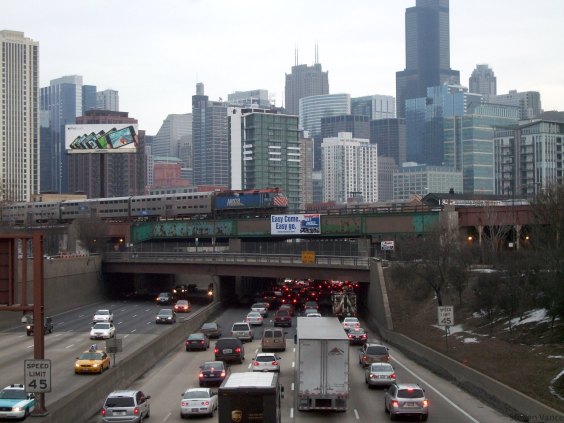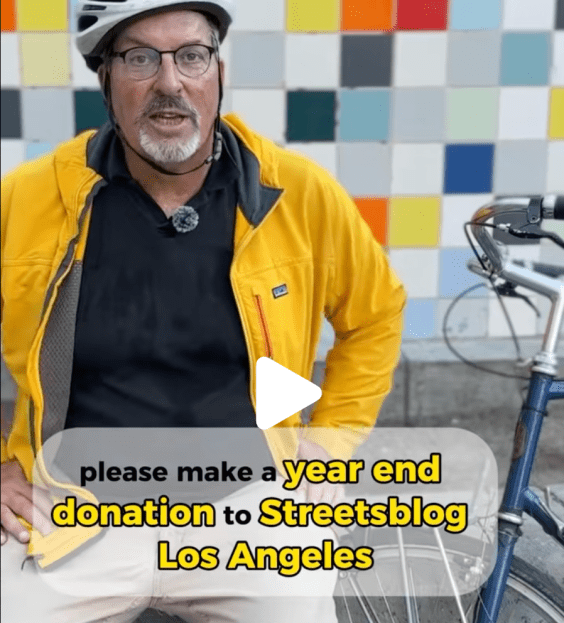 Photo by Barrie Rokeach (Copyright 2009 All Rights Reserved)
Photo by Barrie Rokeach (Copyright 2009 All Rights Reserved)-- 2 million new residents. Auto trips will increase even faster, by 32
percent, delaying vehicles an additional 135 percent, and increasing
particulate matter emissions up to 30 percent. Traffic congestion in
the region is already the second worst in the nation, and
transportation is responsible for half of all global warming pollution
in the Bay Area, mostly from private cars and trucks.
The plan proposes reducing carbon dioxide emissions to 40 percent below 1990 levels, and relieving freeway congestion by 20 percent below 2006 levels. It outlines a carbon or vehicle-miles traveled (VMT) tax, parking surcharges, congestion tolls, encouraging new residential projects to be built close to jobs, transit, shopping and services; and various bicycle, pedestrian and transit projects.
The plan does support allocating funds for sustainable transportation but it is too heavily dependent upon technology to merely accommodate increased auto traffic on freeways. Sixty five percent of total funding is dedicated to transit and 32 percent to roads and bridges, leaving only 2 percent for bicycles and pedestrians. It is unacceptable to underfund the least polluting modes of transportation. The plan severely underestimates the huge displacement of auto miles traveled possible by investing in bike and pedestrian infrastructure.
As shown in the graph below, bicycle projects meet 3 goals to reduce pollution and VMT, compared to freeway projects, which achieve 2 goals. However, the bicycle projects are allocated much less funding and designated as achieving a “low” benefit to cost ratio compared to freeway projects determined to have “high” benefit to cost ratios.
One reason the MTC underestimates the impact of investing in bicycles is because they use inadequate bicycle and pedestrian counting methods to forecast future trends. These models are not in line with local and national statistics that show bike use is on the rise, and the degree to which improved facilities increase bicycle travel.
It is important the MTC hears what you think about funding highway management and expansion over bicycle, pedestrian and transit projects. The more cyclists, pedestrians and transit riders at the meeting the better. So come with your bike helmets and Muni passes in hand to one of the two public hearings scheduled this week. For more talking points read Livable City's RTP analysis and TransForm's comments on the Draft Environmental Impact Report (DEIR). All comments submitted in writing and recorded at the meetings will be documented and responded to in the EIR.
Tuesday, January 27, 2009
Public Hearing/Workshop: San Francisco
7 p.m. to 9 p.m.
San Francisco State Downtown Campus
Room 609
835 Market Street, San Francisco
OR
Wednesday, January 28, 2009
Public Hearing: Oakland
10:05 a.m.
MTC Commission Meeting
Joseph P. Bort MetroCenter
Lawrence D. Dahms Auditorium
101 Eighth Street, Oakland
(at the Lake Merritt BART station)
Please RSVP via E-mail to info@mtc.ca.gov or via phone to
510.817.5757. Leave your contact information and which hearing you plan to attend.






